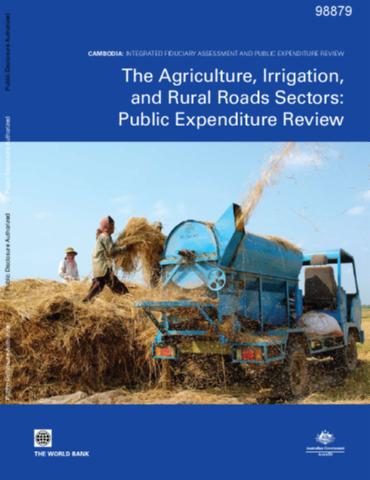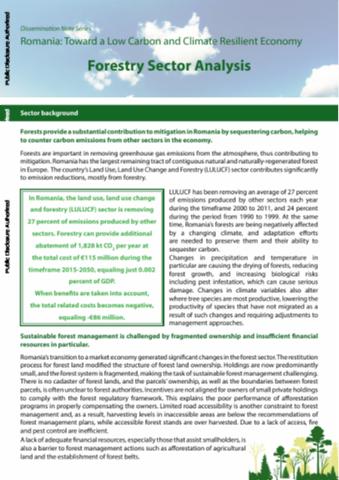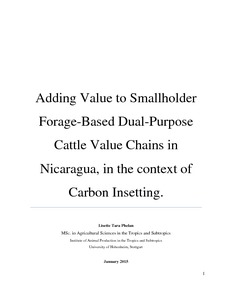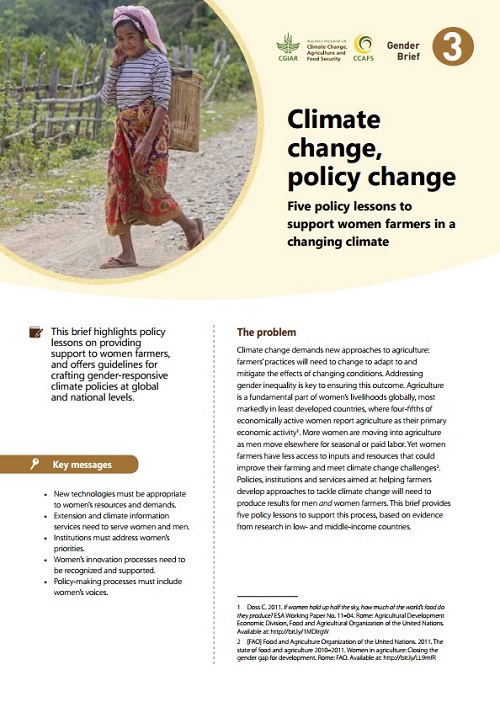Landlordism and self-government. The special role of the Livonian knights in the Russian Empire
German nobility took an important role in Livonia, Estonia and Courland territorial development. During from the period 1870-1913 Riga was the largest export port in Russia province with 550 thousand inhabitants. Towns and large rural population difference resulted Latvian strongly developed agriculture, industry and urbanization. Strong turbulence time began with the year 1905, followed by years of war, and finally in 20 years of the 20th century the agrarian land reform ended in Estonia, Livonia and Latvia.







